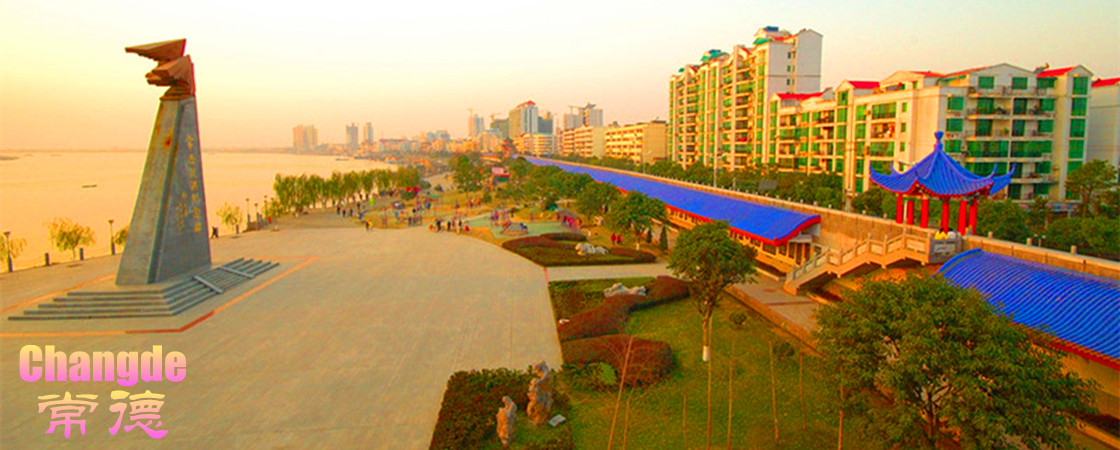
Uyghur Minority in Changde
Turkey, and a smaller one in Taoyuan County of Hunan province in south-central China.
History of Uyghurs inTaoyuan
Around 5,000 Uyghurs live around Taoyuan County and other parts of Changde in Hunan province. They are descended from a Uyghur leader, Hala Bashi, from Turpan, sent to Hunan by the Ming Emperor in the 14th century, to crush the Miao rebels during the Miao Rebellions (Ming Dynasty). Along with him came Uyghur soldiers from whom the Hunan Uyghurs also descend. The 1982 census records 4,000 Uyghurs in Hunan. They have genealogies which survive 600 years later to the present day. Genealogy keeping is a Han Chinese custom which the Hunan Uyghurs adopted. These Uyghurs were given the surname Jian by the Emperor. There is some confusion as to whether they practice Islam or not. Some say that they have assimilated with the Han and do not practice Islam anymore, and only their genealogies indicate their Uyghur ancestry. Chinese news sources report that they are Muslim.
Customs of Uygurs in Taoyuan
The Uyghur troops led by Hala were ordered by the Ming Emperor to crush Miao rebellions and were given titles by him. Jian is the predominant surname among the Uyghur in Changde, Hunan. Another group of Uyghur have the surname Sai. Hui and Uyghur have intermarried in the Hunan area. The Hui are descendants of Arabs and Han Chinese who intermarried, and they share the Islamic religion with the Uyghur in Hunan. It is reported that they now number around 10,000 people. The Uyghurs in Changde are not very religious, and eat pork. Older Uygurs disapprove of this, especially elders at the mosques in Changde, and they seek to draw them back to Islamic customs.
In addition to eating pork, the Uyghurs of Changde practice other Han Chinese customs, like ancestor worship at graves. Some Uyghurs from Xinjiang visit the Hunan Uyghurs out of curiosity or interest. Also, the Uyghurs of Hunan do not speak the Uyghur language, instead, they speak Chinese as their native language, and Arabic for religious reasons at the mosque.
In Fengshu, a town in Central China's Hunan Province, a large campaign to reinforce Uyghur traditions is under way. Aimed at attracting tourists, boosting the local economy and retaining ethnic diversity, the campaign is well-received among most locals, but doubts remain.
In Fengshu, part of Taoyuan county, there are thousands of Uyghurs whose ancestors moved from eastern Xinjiang more than 600 years ago. After centuries of adaptation to local agricultural culture and assimilation to Han customs, many of their distinct ethnic features have vanished. They don't wear Uyghur clothes or speak the Uyghur language. Some even no longer practice Islam.
Nevertheless, you can still distinguish them from Han through facial features like sunken eyes and a high nose ridge. Some old and middle-aged men wear doppa hats, a square or round cap, the most visible symbol by which many in the town show their identity.
In order to draw the township's people back to Islamic customs and revive Uyghur culture, the local government has gone to great lengths, including funding the expansion of mosques, renovation of traditional dwellings, and Uyghur language teaching.



 Ask Questions ?
Ask Questions ?